Solutions for the Underaffiliated
Solutions for the Underaffiliated is a podcast for people who want hope and action because they are fed up with finger-pointing and incivility. We represent action, by providing examples of it. Its purpose is to inspire people through the examples our guests from the region, state, and country describe. We talk about potential solutions related to: climate change, economic opportunity, education, rights and justice, healthcare, and public safety. During each episode, we lay out the current state of a particular issue from the perspective of our guest. Then we lay out the challenges, usually through a review of the key stakeholder, e.g. government, industry, the media, special interests, and regular Americans. We identify what needs to change. Then we explore solutions that are either already underway by the group or guest as well as actions our audience could take to influence change and hold people accountable.
Episodes

Friday Jun 30, 2023
Friday Jun 30, 2023
Ann Marie Traylor, the Executive Director of the Environmental Quality Institute (EQI) (www.eqilab.org), leads a team of volunteers who gather data to help stop chemicals from poisoning streams, bugs, amphibians, birds and so on up the food chain.
When it rains, water carries fertilizer, salt, and other chemicals from industrial and small farms, roofs, roads, parking lots and leaky sewage pipes to streams and creeks where bugs, fish and amphibians live.
This makes the water unsafe to play in and drink. Meanwhile, the chemicals travel with the insects, amphibians and fish to birds and land animals ... and hunters, fishermen, and their families.
EQI tests stream and lake water for chemical and physical properties snd samples streams for bugs to provide a greater understanding of water quality and habitat changes.
It uses the data it collects to provide local non-profits, government and citizens with a color-coded map of the water quality of streams in the region it serves. These groups can take the data to the farmers and industries and collaborate to find ways s to reduce the flow of chemicals into the water.
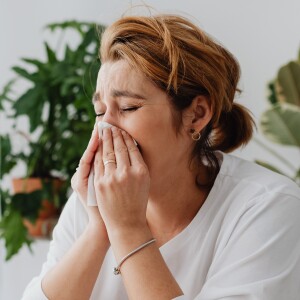
Sunday Jun 25, 2023
Sunday Jun 25, 2023
Does the current healthcare system work for you?
If you can pay, your health is likely to improve or at least not get worse.
Otherwise, premiums, deductibles, and costs of drugs and care are so high that many people put off care until they are eligible for Medicare, or they go into medical debt.
To help make the case for change, Solutions for the Underaffiliated explored three reasons our healthcare costs will continue to rise without government intervention with Kip Sullivan, author and advocate for a more equitable affordable health system:
The healthcare system is focused on reducing utilization, not prices, which are what is driving excessive costs.
The focus on usage leads insurance companies and healthcare providers to invest in staff, activities, consultants, technology, and communications to manage doctors’ and our care and behavior. All that is expensive, and both providers and insurance companies pass those costs to us in the form of higher prices, premiums, and deductibles.
Health insurance, drug, health care, and medical device companies have consolidated, eliminating the competition that would drive down prices.
Since, there is limited evidence that the current system leads to better health quality and outcomes, let’s focus on the financial part of healthcare.
Would paying for insurance coverage through taxes each year for a single-payer that provided universal coverage be less expensive than the premiums, co-pays, and deductibles we pay today with private insurance?
Of course it depends on a household’s individual needs, so do we believe we should all pitch in for the greater good, knowing one day it could be us that needs it?
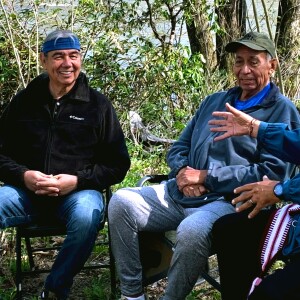
Wednesday Jun 14, 2023
Wednesday Jun 14, 2023
Filmmaker and historian David Weintraub spoke with us about his latest film, Nature’s Wisdom Through Native Eyes
It is the confluence of storytelling, native wisdom and nature’s intelligence that will help us heal our broken relationship with the living world. It's an intriguing look at history, culture and hope through the eyes of our nation’s First People.
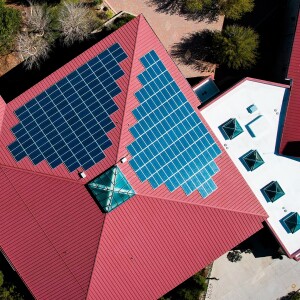
Sunday Jun 11, 2023
Sunday Jun 11, 2023
Watching the weather? It’s simpler and less expensive than you might think to outfit your home with solar power, reduce your reliance on energy companies, and help reduce carbon emissions.
We still need energy companies, but the right action can drive a faster and smoother transition. Advocate for more competition in power generation from wind and solar power companies; expanded use of solar panels on houses and commercial businesses; and an economic model for the management and improvement of power distribution that benefits consumers and energy companies.
Solutions for the Underaffiliated spoke with Ned Ryan Doyle, a long-time advocate for the efficient and effective use of sustainable energy. He simplified a very complex situation for us.
Paying for Solar is Easier than you think
People are not racing to install solar panels because it seems to cost so much upfront.
But when we buy cars, we put a little money down, sign a lease or financing agreement, and three things happen. We get the car. It starts to depreciate. We usually pay for it monthly.
Installing solar panels costs around $20,000. Here are five reasons you can afford for that.
There is a federal solar tax credit, which you can apply to the cost of putting in the solar power system.
Look at your energy bill and find a line that says something like “energy use charge”. Compare that to the total bill. Figure out your average monthly energy use charge and multiply it by 12. That is about how much money you will save each year.
Explore other financing options, including refinancing your home with the new amount baked into your mortgage and spread over 30 years. I bet your monthly payment doesn’t increase much.
The system lasts, so it will increase the value of your house when it’s time to sell. The new owners will never see a high energy bill.
You can disregard those warnings from the energy company and use your appliances when the sun is out!
Politics and Power
The shift to wind and solar will involve energy companies, and they are not going to change from fossil fuels without a push.
In Western North Carolina, Duke Energy and land developers killed legislation that would have allowed wind mills above 3,500 feet on commercial lands. The wind mills would not have been on public land, nor near the touristy Blue Ridge Parkway, so they wouldn’t have detracted from the natural beauty of the mountains.
But Duke and developers didn’t want windmills on commercial land because they wanted future customers to build houses there.
We can find solutions in simplification.
Power generation and distribution are the two main parts of the energy business, so companies want to maximize profit, and shareholder value, from both.
The built energy distribution system of wires, connections and switches functions well. It serves a public good. Replacing it would be costly and inefficient. In North Carolina, the state utility commission regulates the amount of money Duke can charge for distribution. In other states, like California and Texas, energy companies can make money from distribution.
To enjoy the benefits of that distribution system, there should be a price we pay. One debate is about defining an approach to this that benefits consumers and keeps energy companies profitable.
The more an energy company relies on power generation for profit, the more it will fight to use energy sources it can control, like coal and natural gas, and keep out alternative sources like solar and wind that they cannot control.
That’s why energy companies are generally opposed to competing power sources. They don’t want fewer users of their energy.
But what value does burning fossil fuel create for the public? We now know it harms the public good. We know that wind and solar are better for all of us.
It seems like we need to advocate for an energy industry that serves the public good. That means advocating for:
The use of solar panels on houses and commercial businesses;
New solar and wind power companies to compete with energy companies or be added to the distribution network at a reasonable fee;
A deal on an economic model for the management and improvement of power distribution that benefits consumers and energy companies.

Thursday Jun 08, 2023
Thursday Jun 08, 2023
David Morris of the Institute for Local Self-Reliance explains how local government has more power than even they may realize. They have the authority, financial capability, bargaining power and responsibility to serve citizens. From sustainable electricity and broadband to healthcare and affordable housing, city governments can do more. Read More

Sunday May 28, 2023
Sunday May 28, 2023
We spoke with Marcus Walls of Homeward Bound, who told us about the types of people who are homeless, the experiences that land them in homelessness, and how hard it is to get out without a support network. Read More

Friday May 19, 2023
Friday May 19, 2023
Mental Health GPS provides connects people in with peer counselors and mental health resources in urgent, but non-crisis, situations. Read More
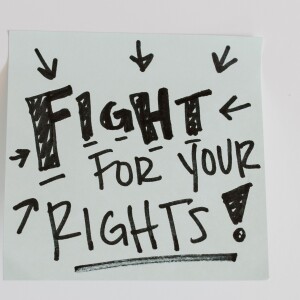
Sunday May 14, 2023
Sunday May 14, 2023
Check out the legal services an organization in North Carolina provides to middle- and low-income people, including immigrants, to help them get tax credits, quality healthcare, immigration services, drivers license restoration and more. You may want to see there is an organization like it in your area. Read More

Friday May 05, 2023
Friday May 05, 2023
The consolidation of health systems into local monopolies owned by corporations means higher prices of care, longer wait times and greater inconvenience, and probably worse care as nurses and doctors work more hours for less pay and fewer benefits. Read More
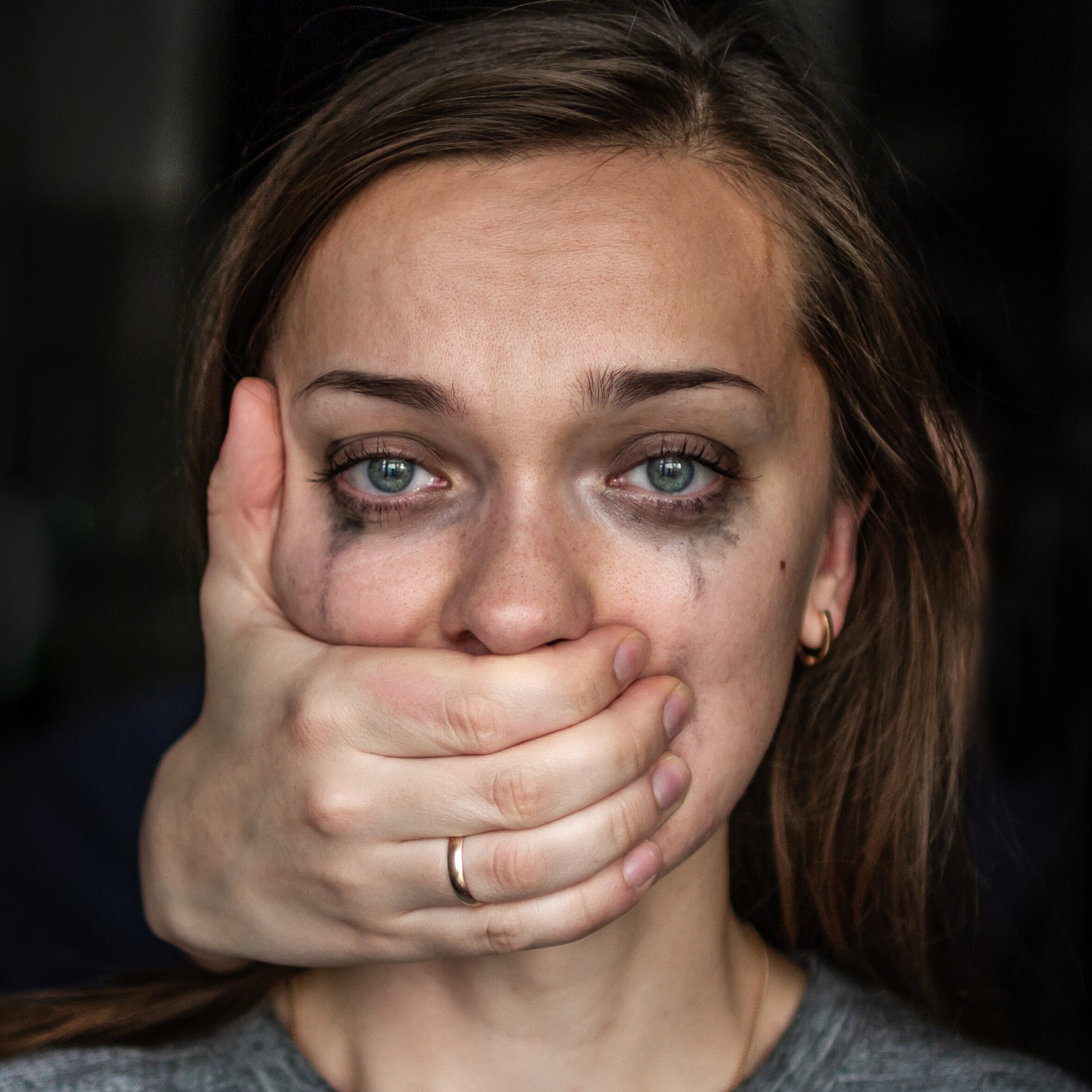
Thursday Apr 20, 2023
Thursday Apr 20, 2023
Discussion with the Executive Director of an organization that provides safety, shelter, and support for victims/survivors of intimate partner domestic violence.
We talked about the the nature of domestic violence, risk factors for developing abusive behavior, what kind of help victims can seek and how to get it, challenges to getting help and safety, and what people, including men, can do to intervene in collaborative ways with male peers if they suspect abuse.
Photo by Gottkein.





